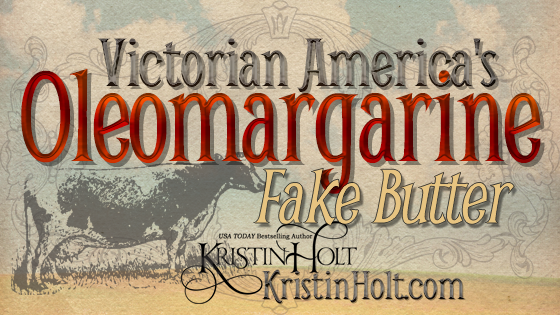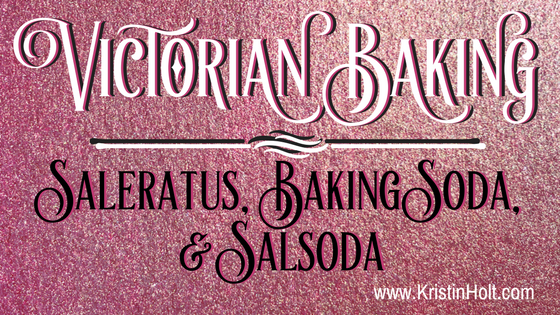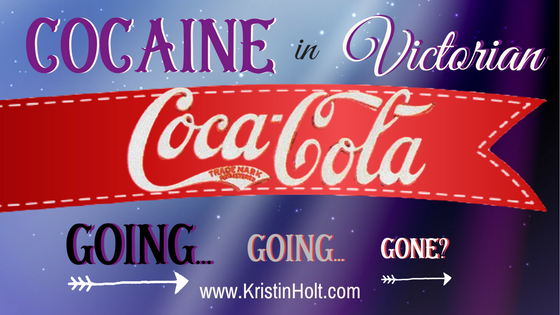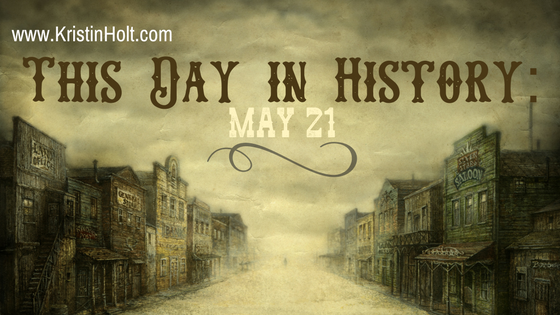
Victorian America’s Oleomargarine
Oleomargarine–a Victorian invention?
Yes! But why? And how?

Oleomargarine–a Victorian invention?
Yes! But why? And how?

Today, December 30th, is National Bicarbonate of Soda Day.
Why recognize and celebrate such an obscure “foodie” day?
Victorian-era recipes containing saleratus, pearl ash, baking soda, baking powder (and more) can be confusing… and evoke a million questions. When were each used? Which were Victorian-era developments? Which did 19th century cooks prefer?

We know original Coca-Cola (debuted 1886) did have cocaine in it–and not “a trivial amount”. The product began as a replacement for coca wine (just what it sounds like), when temperance laws outlaws alcohol, and Pemberton needed a replacement vector for his coca leaves. Looking back at vintage sources, it’s easy to see when cocaine was removed from Coca-Cola, and how the owners ensured their not-yet-trademarked product remained protected. Numerous credible scientists analyzed the syrup (from various retail locations), swearing to Coca-Cola’s freedom from cocaine, but the attacks didn’t stop overnight. Decades later, Coca-Cola maintained its status as a substance-free “refreshing drink”, a 180° switch from its Patent Medicine beginning.

“[Coca-Cola] has gained an enviable reputation, and has taken position at the very front of the leading and popular soda fountain beverages,” said The Atlanta Constitution of Atlanta, Georgia, on June 21, 1891. People loved the beverage (and its medicinal value), and many wrote testimonials in its favor. So why the complaints? A vintage article titled It Looks Like a Dangerous Drink, originally published in The Abbeville Press And Banner of Abbeville, South Carolina, on July 1, 1891 brings up concerns and presents arguments on both sides, urging consumers to draw their own conclusions. Had YOU been a consumer in 1891, what would you have thought?

One hundred and thirty-seven years ago, today, was May 21, 1880. Three newspapers (two from Kansas and one from Louisiana) covered three timely subjects–two of which surprised me deeply. One–Leap Year–I knew about and had become comfortable with. But wait until you see the other two. Technology in 1880 was far more advanced than I realized…you might be equally surprised.